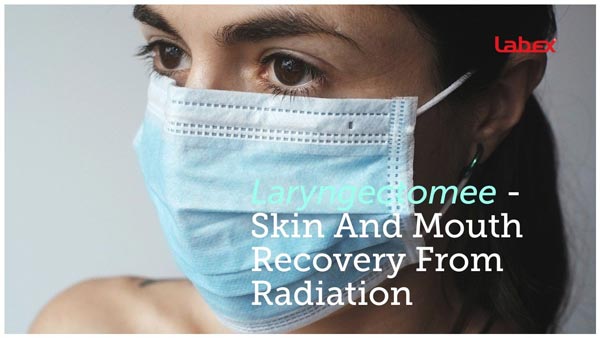Practical advice
During the aftermath of the atomic bombing of Nagasaki, Japan, following World War II, a remarkable discovery was made: immersing irradiated skin in a bath with a bicarbonate of soda solution proved to be remarkably effective in cleansing and rejuvenating the skin and stomach, preserving their elasticity.
Despite its efficacy, this simple yet profound treatment, along with its benefits for radiation therapy, often remains overlooked or silenced by mainstream medicine for reasons yet unknown.
In light of this, let’s extend our care and attention to some general recommendations to aid in the recovery of skin and mouth tissues post-radiation:
Skin and Mouth Recovery From Radiation:
- – Keep the treated areas dry and meticulously clean.
- – Use lukewarm (not hot) water and a gentle soap, preferably mild or baby soap, to wash the skin in the treatment area. Avoid using abrasive materials like washcloths or bath scrubbies/sponges; instead, opt for the gentle touch of your palm.
- – Pat dry the skin carefully with a soft towel, avoiding rubbing.
- – Moisturizing the skin can provide relief from itching and help soften the skin. Consult your radiation team for recommendations on suitable moisturizers.
- – Refrain from using cosmetics or skin products containing perfumes or fragrances in the treatment area.
- – Radiation often leads to temporary hair loss in the treatment field. If applicable, use a mild shampoo like baby shampoo and minimize shampooing frequency.
- – Be gentle when combing or brushing hair, avoiding hot curlers or curling/flat irons.
- – Opt for loose-fitting, soft clothing over the treatment area, and use mild detergents to wash your clothes.
- – Avoid any activities that may cause injury to the treated skin:
- – Refrain from scratching.
- – Use paper tape instead of adhesive tape for bandaging, if necessary, and apply it outside the treatment area.
- – Consider using an electric razor for shaving in the treatment area, avoiding pre-shave lotions, aftershaves, or hair removal products.
- – Steer clear of using cornstarch or powders in skin folds, as this can increase the risk of fungal infections.
- – Avoid applying heating pads, warm water bottles, or ice packs to the treatment area.
- – Practice sun protection diligently, as exposure to the sun can exacerbate skin damage:
- – Apply sunscreen with an SPF of at least 30 daily, including on the treatment area.
- – Wear protective clothing, such as long sleeves, pants, and a hat, when venturing outdoors.
- – Minimize sun exposure during peak hours (10 am to 2 pm).
By adhering to these recommendations and showing care and diligence in post-radiation care, we can help facilitate the healing process and improve overall comfort and well-being.
Check out some of our Stoma Care Products!
Please consider joining our Labex Support Center for Laryngectomee FB group:.

